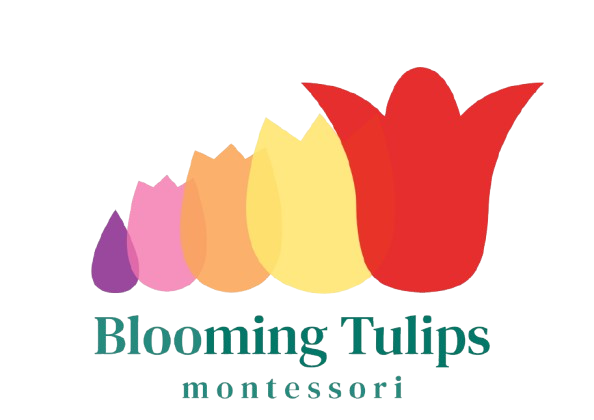Have you ever heard of Montessori teaching methodology? It’s interesting to note that it encompasses a wide range of practices. For instance, a Montessori-styled living room should have ample natural light. Minimalist, natural, and floor beds are also considered Montessori. For example, engaging children in sensory play and freezing their toys in ice trays are Montessori-inspired activities. A vast assortment of products such as wooden toys, bookcases, and learning kits are also available under the Montessori umbrella. Additionally, adopting a less screen lifestyle and substituting fruit and vegetables for candy are deemed “Montessori” practices.
As a parent, we try our best to say and do the “right things” to bring out the best in our children. And if you’re looking for information on how children develop and learn, this is the write article for you. Maria Montessori’s keen understanding of child development and how to unlock their potential is what makes this learning process joyful. It results in a confident and balanced child.
The first six years of life are critical for childhood development. During this period, children’s minds are like sponges. They have a natural desire to learn, and as parents, it’s essential to determine what they’re receptive to learning at specific times. Fortunately, the Montessori Method recognises that children have “powerful sensitive periods,” during which they can easily learn certain skills. Tapping into these sensitive periods can lead to spontaneous learning and maximise young children’s natural curiosity.
And so, we learned that teaching isn’t something done by the teacher; it’s a natural process that develops spontaneously within each human being. Education isn’t gained by listening to words, but rather through experiences in which the child actively engages with their environment. The teacher’s role then becomes one of preparation and organisation- creating a setting complete with special motivators that encourage cultural activity.
When we understand the cycles of development in children and offer them the right activities, something special happens. Children lose track of time while happily working on a single task. uninspiring lessons are not necessary. Mobilised by their own curiosity, the child will seek out more information on their own. And they may repeat an activity multiple times until they fully comprehend it. That spark, once ignited, fuels endless possibilities for each and every child.
Imagine your child on a warm summer day, after a light morning rain. Let’s say they discover a puddle. They won’t just look at it, they’ll stick their little hands in the water. The sun has made it warm to the touch. When they splash about, it sounds like laughter. Then they’ll reach in and inspect the mud and water more closely; noticing how the mud fuses with the water and produces a loamy scent. This exploration will go on and on, giving them opportunities to gather all the information they are craving. You see, you can’t tell a child how the mud smells or how water feels; they must learn spontaneously and naturally. That’s how you know that the little mind is fully engaged in spontaneous learning!
As a parent, you would be thrilled to learn about the discoveries made by Maria Montessori on how young children learn and develop. The beauty of the Montessori method is that it goes beyond the classroom, allowing you to grasp how your child thinks, plays, and grows into a well-rounded and bright adult.
“Like a sponge these children absorb. It is marvellous, this mental power of the child. Only we cannot teach directly. It is necessary that the child teach himself, and then the success is great.” ––Maria Montessori

Hi, my name is Dilia. I am the founder and managing director of Blooming Tulips Montessori Nursery. I am passionate about childcare and am doing my part to help make our world a better place by caring for, educating, and nurturing young hearts and minds.
“I believe the childcare practitioners are doing one of the most important jobs in the World; ‘They can play their part in making this world a better place by providing quality care and education for children. As a mentor and coach it is my obligation to make sure I do everything I can to create this mindset in my practitioners.’ Once this belief is internalised, that person can find meaning in even the most mundane tasks.” – Dilia Bas
Parents, Let’s work together!
“Your child is a unique individual with boundless potential and possibilities. By working together, we can unlock the doors to a life full of excitement and fulfilment. We can inspire young learners to embrace a life-long love for knowledge. From thinking mathematically to creating masterpieces, let’s nurture your child’s unique potential. Help your child to discover their capabilities and build deep personal values that will serve them well through adulthood. Let’s help them become unstoppable forces of good in the world. Together we can do this!” Dilia
